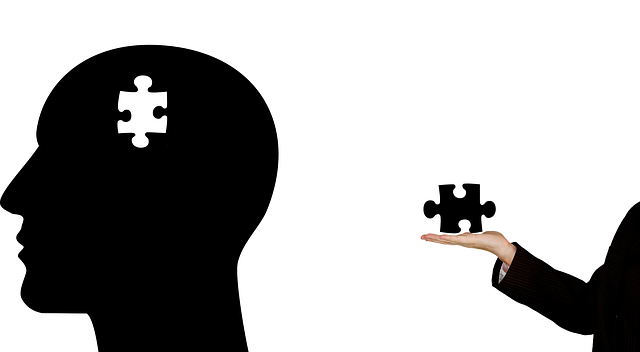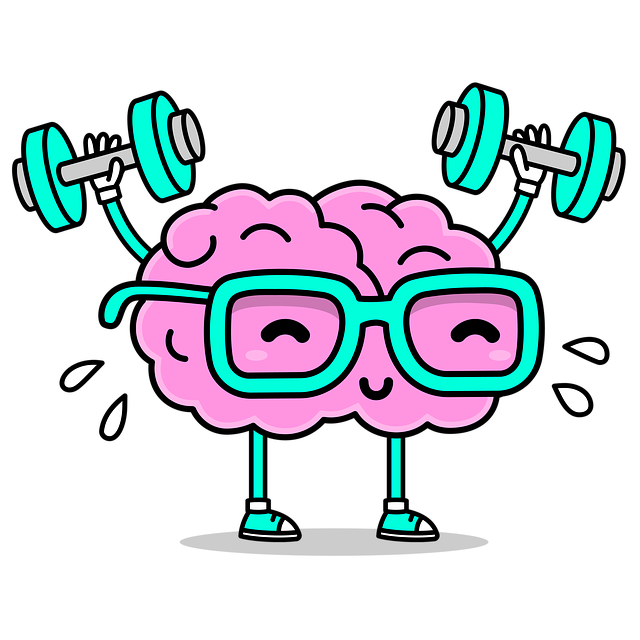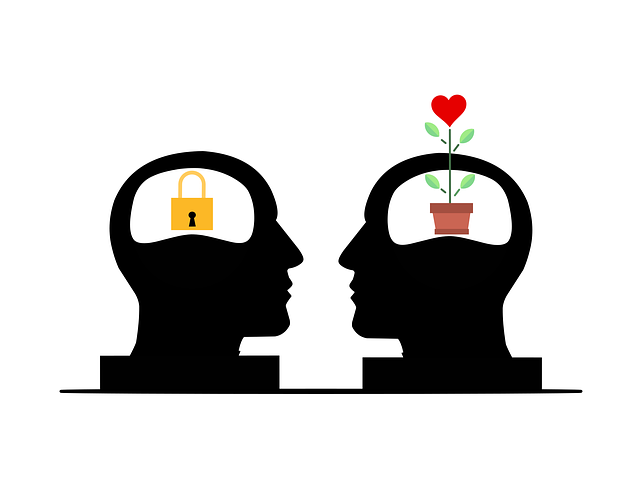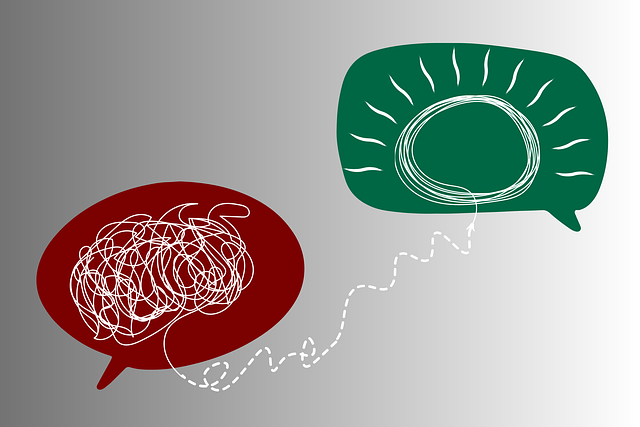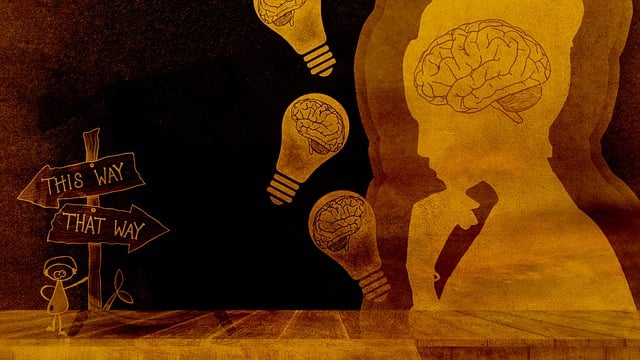Developing marketing strategies for niche mental wellness apps, especially those focusing on Golden Child Abuse Therapy, requires deep understanding of target audience needs, particularly regarding past trauma challenges like emotional regulation and flashbacks. The Golden Child Abuse Therapy App distinguishes itself by specializing in childhood trauma healing with personalized sessions, journaling guidance, and burnout prevention tools. Content marketing using keywords like "Golden Child Abuse Therapy" and sharing educational stories builds trust with users and professionals. Leveraging social media platforms for engaging content fosters a supportive community. Influencer partnerships with mental health experts promote the app's practical tools and evidence-based practices, integrating them into design to attract users seeking emotional well-being solutions.
In today’s digital landscape, mental wellness apps are essential tools for reaching and supporting a diverse audience. This article explores a comprehensive marketing strategy for the Golden Child Abuse Therapy app, focusing on understanding your target audience’s needs and pain points. By positioning the app with a unique value proposition, implementing engaging content marketing, leveraging social media, and collaborating with influencers, you can effectively reach and support survivors of child abuse, fostering a community of healing and awareness.
- Understanding Your Target Audience: Identifying Needs and Pain Points
- Positioning Golden Child Abuse Therapy App: Unique Value Proposition
- Content Marketing Strategy: Educate and Engage Through Stories
- Leveraging Social Media: Building Community and Trust
- Influencer Partnerships and Collaborations for Mental Health Awareness
Understanding Your Target Audience: Identifying Needs and Pain Points

Understanding your target audience is a crucial step in developing an effective marketing strategy for mental wellness apps, especially when catering to a niche market like Golden Child Abuse Therapy. This involves delving into the unique needs and pain points of individuals seeking support for past traumas. By conducting thorough research, you can identify specific challenges faced by this demographic, such as emotional regulation difficulties, flashbacks, and trust issues.
Targeting this audience requires cultural sensitivity in mental healthcare practice, ensuring that your app’s messaging and approach are tailored to their experiences. For instance, recognizing the potential for intergenerational trauma and its impact on current mental wellness is essential. This knowledge can shape the app’s design, making it more relatable and effective for the Golden Child Abuse Therapy market while promoting healing and recovery.
Positioning Golden Child Abuse Therapy App: Unique Value Proposition

The Golden Child Abuse Therapy App stands out in the mental health landscape with its unique value proposition: empowering individuals to heal from childhood trauma. Unlike generic therapy platforms, this app offers specialized care tailored to address the specific needs of survivors of child abuse. By providing accessible and discrete support, it ensures that users can embark on their healing journey at their own pace, fostering a sense of safety and comfort.
Integrating evidence-based practices with intuitive design, the app delivers personalized therapy sessions, mental wellness journaling exercise guidance, and tools for burnout prevention. Its focus on Mental Health Awareness goes beyond symptoms management; it aims to equip users with resilience and coping mechanisms for long-term well-being. Through innovative features, the Golden Child Abuse Therapy App revolutionizes access to care, making recovery a manageable and empowering experience.
Content Marketing Strategy: Educate and Engage Through Stories

In today’s digital era, content marketing is a powerful tool to connect with users on a deeper level, especially when addressing sensitive topics like child abuse therapy. By sharing compelling stories and offering educational resources, mental wellness apps can establish trust and become go-to sources for support. Targeting keywords such as “Golden Child Abuse Therapy” allows the app to reach individuals in need directly, ensuring that relevant content is easily discoverable.
Integrating emotional intelligence and risk management planning for mental health professionals is essential for creating effective content. Articles and blogs that delve into these topics can attract a wide audience, from potential users seeking help to experts aiming to stay updated on industry trends. Additionally, sharing success stories or testimonials (while maintaining confidentiality) can inspire hope and encourage engagement, fostering a community around the app and its mission, all while subtly promoting mental health policy analysis and advocacy.
Leveraging Social Media: Building Community and Trust

In today’s digital age, leveraging social media is an invaluable strategy for mental wellness app marketing. Platforms like Instagram, Facebook, and Twitter allow for direct engagement with users seeking support and guidance. By sharing compelling content that highlights the benefits of resilience-building practices and compassion cultivation techniques, such as Mental Wellness Journaling Exercise Guidance, your app can establish itself as a trusted resource. User-generated content, testimonials, and interactive videos showcasing real-life transformations can build community and foster a sense of belonging, making your app stand out as a supportive space for healing, especially for those navigating issues like Golden Child Abuse Therapy.
Consistent interaction through comments, messages, and live sessions demonstrates accessibility and care, which are crucial in building trust. Addressing common concerns, offering insights into Resilience Building strategies, and providing gentle reminders to engage in self-care can position your app as more than just a tool—it becomes a companion on the journey towards mental wellness.
Influencer Partnerships and Collaborations for Mental Health Awareness

In the quest for amplifying mental wellness app visibility and fostering trust among its target audience, Influencer Partnerships and Collaborations stand out as a potent strategy. By aligning with renowned influencers or advocates in the field of mental health, such as the Golden Child Abuse Therapy experts, these apps can tap into established audiences and credibility. This approach leverages the influencer’s reach and personal connection to promote the app’s benefits, especially when they share relatable stories of overcoming challenges through therapy.
The collaboration should go beyond mere promotion; it offers an opportunity to integrate evidence-based practices into the app’s design. For instance, incorporating conflict resolution techniques or confidence-boosting modules, as advocated by mental health education programs, can attract users seeking practical tools for their emotional well-being. Such collaborations not only enhance the app’s value but also contribute to a more comprehensive and effective digital mental wellness ecosystem.
Developing a comprehensive marketing strategy for the Golden Child Abuse Therapy app involves understanding your audience, defining unique selling points, and leveraging various channels effectively. By focusing on educating and engaging potential users through content marketing and storytelling, building trust through social media, and collaborating with influencers, you can create a strong foundation for promoting mental wellness and reaching those in need. This strategic approach ensures that the Golden Child Abuse Therapy app stands out in the market while addressing critical issues within its target audience.
